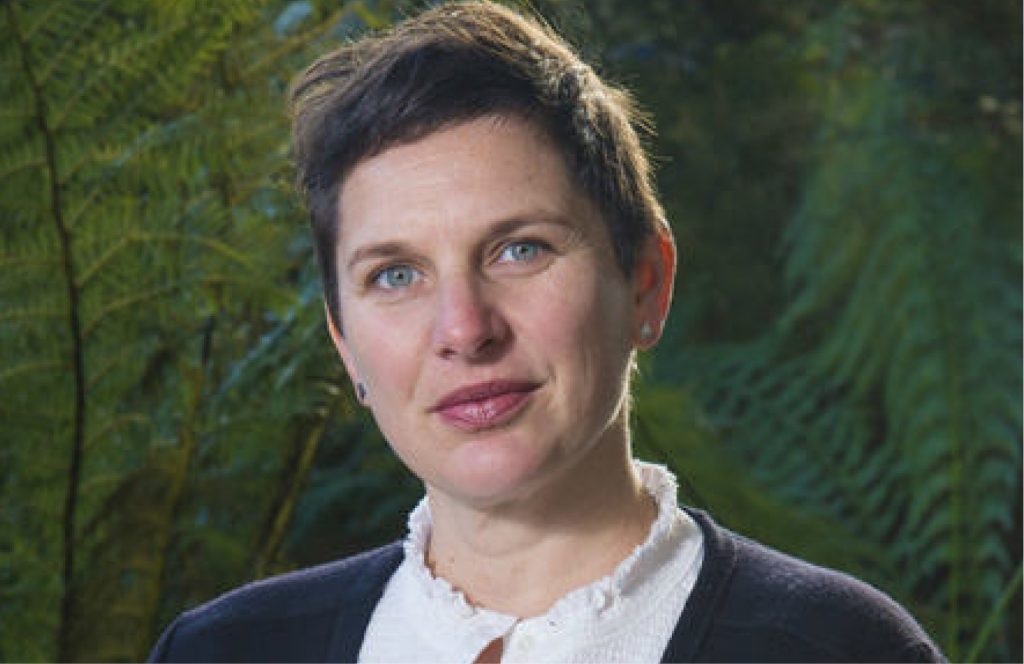Changing hearts and minds
June 1, 2020
Anglicare will investigate how the coronavirus pandemic is affecting children experiencing homelessness.
Many of us are aware that people in Tasmania experience homelessness in a variety of ways and that it can affect anyone from any walk of life. Anglicare is especially concerned for the children who access homelessness services on their own, without the care of a parent or guardian.
The needs of these unaccompanied children have been highlighted in research work by Dr Catherine Robinson, a researcher with Anglicare’s Social Action Research Centre (SARC). Over the past few years, she has focused on the children’s need for care, barriers to accessing education and most recently, their mental health experiences.
“We know that there are children as young as 10 who don’t have secure and stable accommodation,” she explains. “Many services are not set up to cater for children this young, and those that do also cater for young adults, so many children are simply too frightened to reach out and will keep couch-surfing instead – we know that there are children who are falling through the cracks.”
New project under way
Catherine says while Covid- 19 initially derailed some planned research activities, SARC is now working on a new project to explore the impact of the pandemic on this vulnerable group. In particular, the project will explore how these highly mobile children have coped during a time in which the community has been legally required to stay at home and comply with social isolation and travel restriction measures.
“I am starting a round of interviews this month with support workers from organisations around the State, and will follow up with them again in August,” she said. “My report, #Stayhome? The impact of Covid- 19 on unaccompanied homeless children, will be released later in the year and will document what is still needed to support this group in the recovery period following Covid.”
Catherine was a member of a taskforce convened by the State Government last year to investigate the experiences of unaccompanied children under the age of 16. Its report was released recently and a new working group has been established to work through its recommendations.
“The taskforce was an amazing process to be a part of; I really valued the cross-sector collaboration and shared passion to implement improved responses to children’s homelessness,” she said.
I’m also super-proud to work for SARC and Anglicare – the progress we are making in this area shows the importance of research-led advocacy in changing hearts and minds and charting a pathway for change.
Catherine encourages people to expand their understanding of homelessness by tuning into the third season of the SBS documentary series Filthy Rich and Homeless that goes to air as ‘a special event’ between 9-11 June. A consultant on the series since it began, Catherine (pictured above, on-set) said the latest series moves away from the big cities to regional areas, making it particularly relevant for Tasmanian audiences.
“We track a group of high-profile people over 10 days as they experience the challenges of different kinds of homelessness and meet the real people who live without homes every day,” she said.
“Another opportunity for Tasmania to be a part of the national conversation will be the National Homelessness Conference in March next year,” she adds.
“Tasmania is isolated and change can be difficult but I think we are leading the way.”

